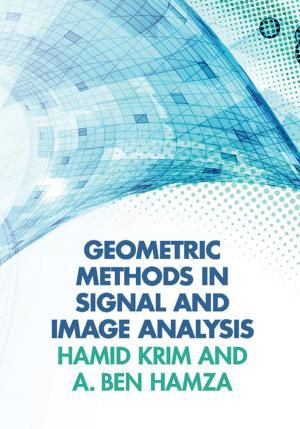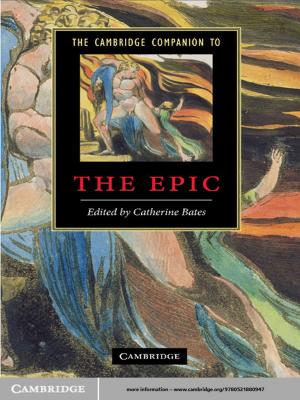Sciences of Modernism
Ethnography, Sexology, and Psychology
Fiction & Literature, Literary Theory & Criticism, British| Author: | Paul Peppis | ISBN: | 9781107703179 |
| Publisher: | Cambridge University Press | Publication: | February 28, 2014 |
| Imprint: | Cambridge University Press | Language: | English |
| Author: | Paul Peppis |
| ISBN: | 9781107703179 |
| Publisher: | Cambridge University Press |
| Publication: | February 28, 2014 |
| Imprint: | Cambridge University Press |
| Language: | English |
Sciences of Modernism examines key points of contact between British literature and the human sciences of ethnography, sexology and psychology at the dawn of the twentieth century. The book is divided into sections that pair exemplary scientific texts from the period with literary ones, charting numerous collaborations and competitions occurring between science and early modernist literature. Paul Peppis investigates this exchange through close readings of literary works by Claude McKay, E. M. Forster, Mina Loy, Rebecca West and Wilfred Owen, alongside science books by Alfred Haddon, Havelock Ellis, Marie Stopes, Bernard Hart and William Brown. In so doing, Peppis shows how these competing disciplines participated in the formation and consolidation of modernism as a broad cultural movement across a range of critical discourses. His study will interest students and scholars of the history of science, literary modernism, and English literature more broadly.
Sciences of Modernism examines key points of contact between British literature and the human sciences of ethnography, sexology and psychology at the dawn of the twentieth century. The book is divided into sections that pair exemplary scientific texts from the period with literary ones, charting numerous collaborations and competitions occurring between science and early modernist literature. Paul Peppis investigates this exchange through close readings of literary works by Claude McKay, E. M. Forster, Mina Loy, Rebecca West and Wilfred Owen, alongside science books by Alfred Haddon, Havelock Ellis, Marie Stopes, Bernard Hart and William Brown. In so doing, Peppis shows how these competing disciplines participated in the formation and consolidation of modernism as a broad cultural movement across a range of critical discourses. His study will interest students and scholars of the history of science, literary modernism, and English literature more broadly.















